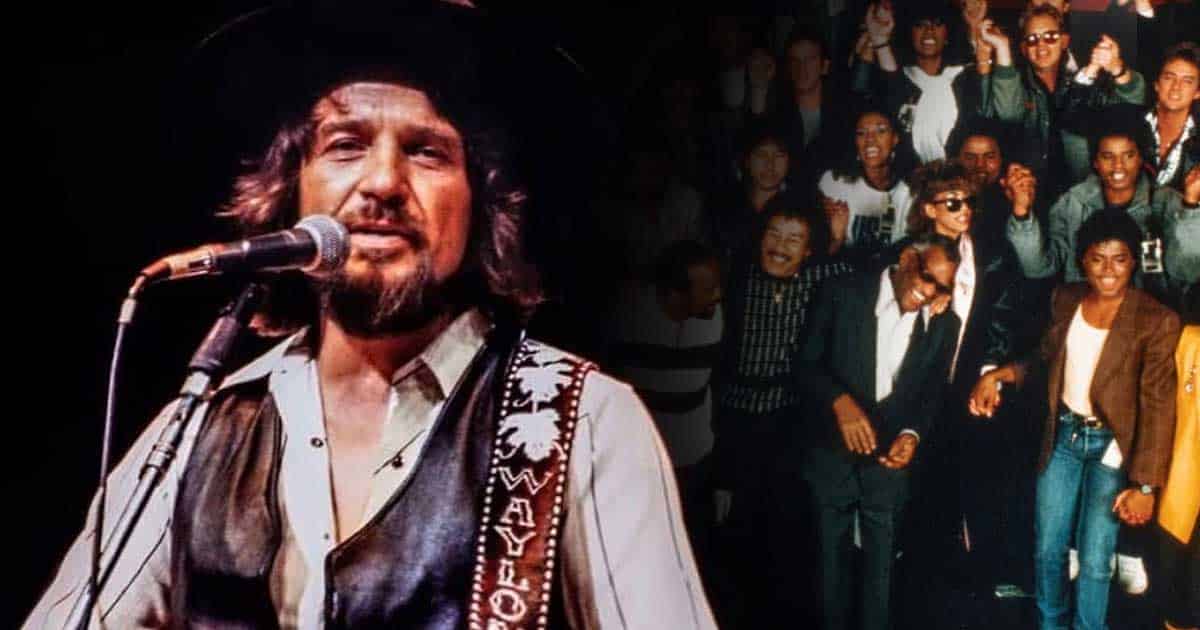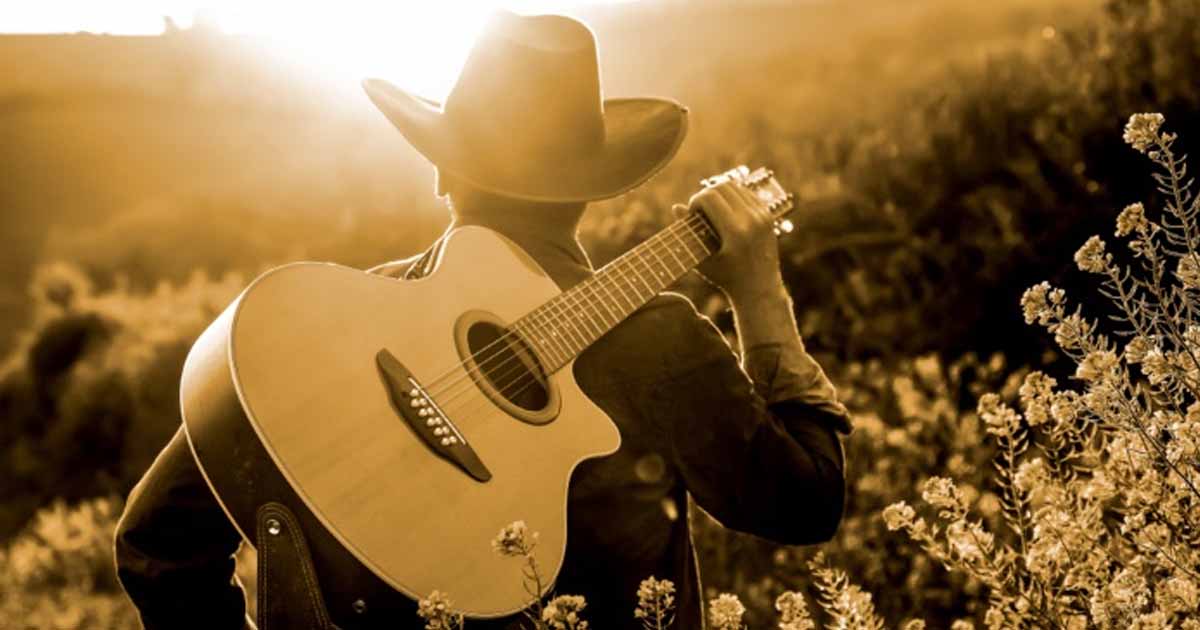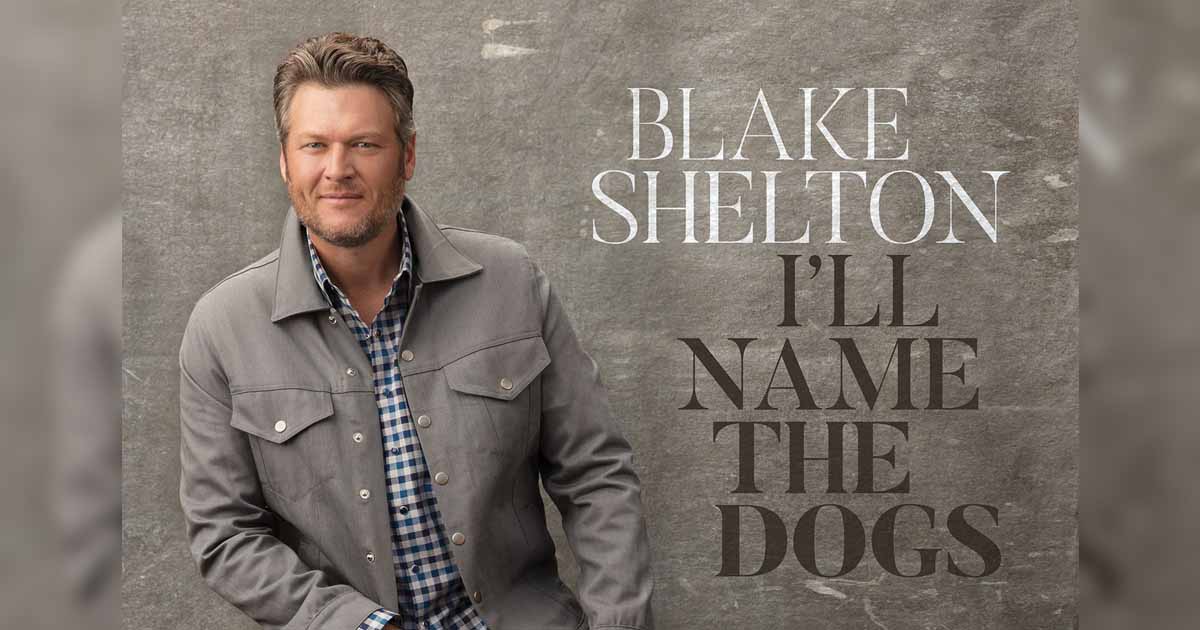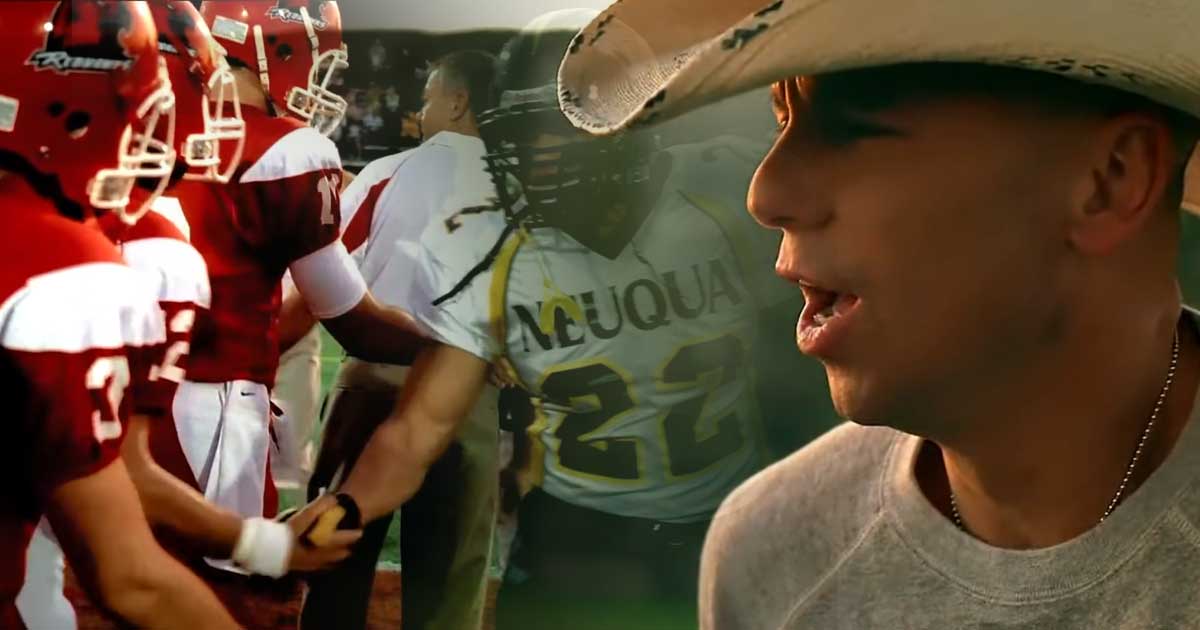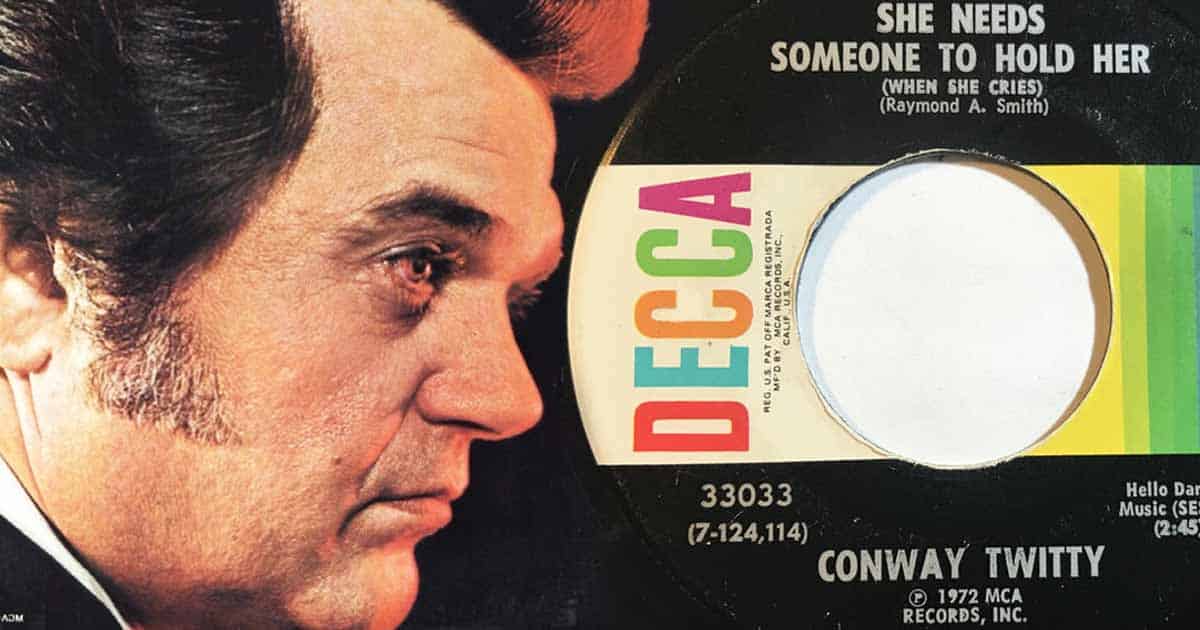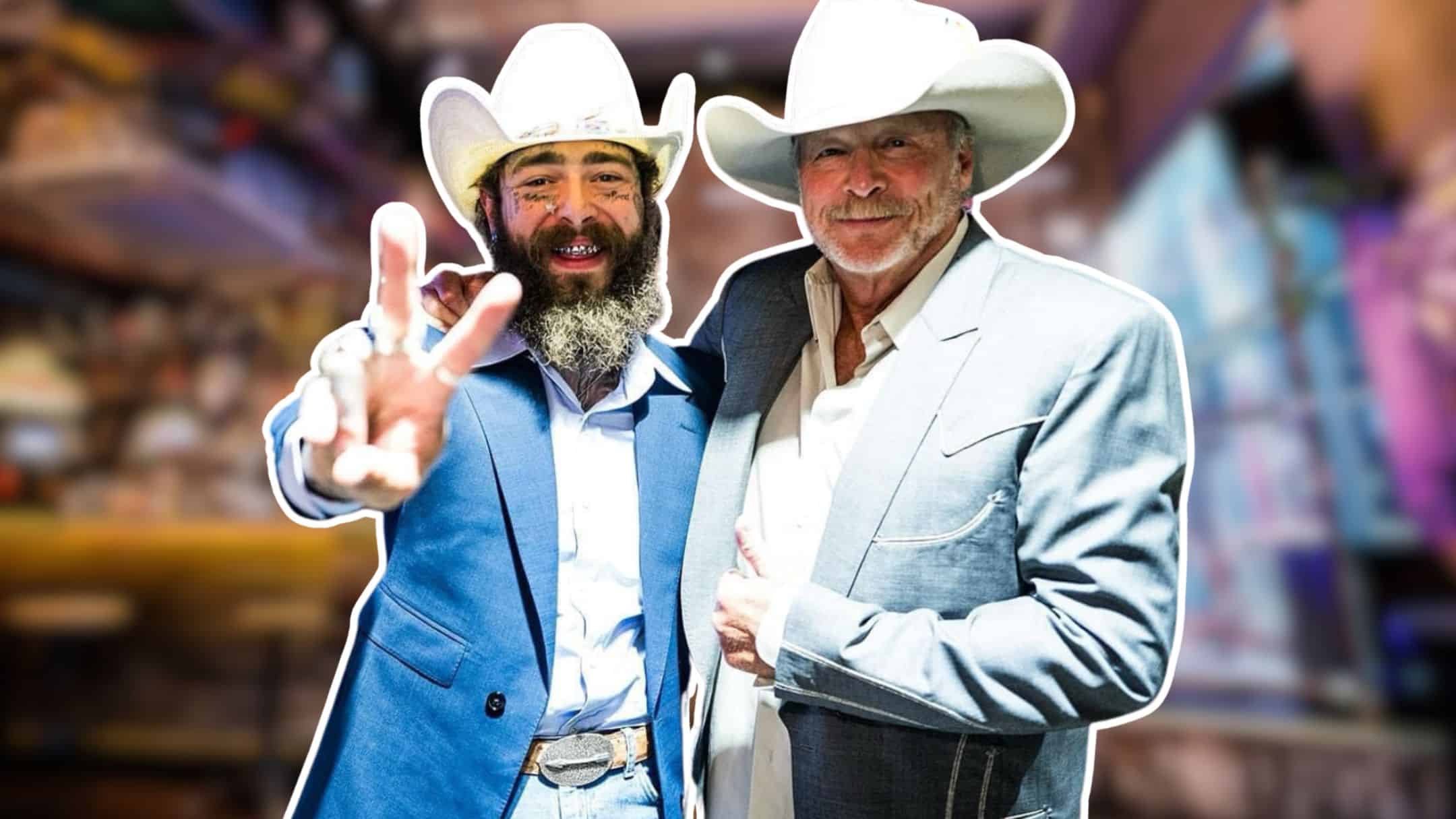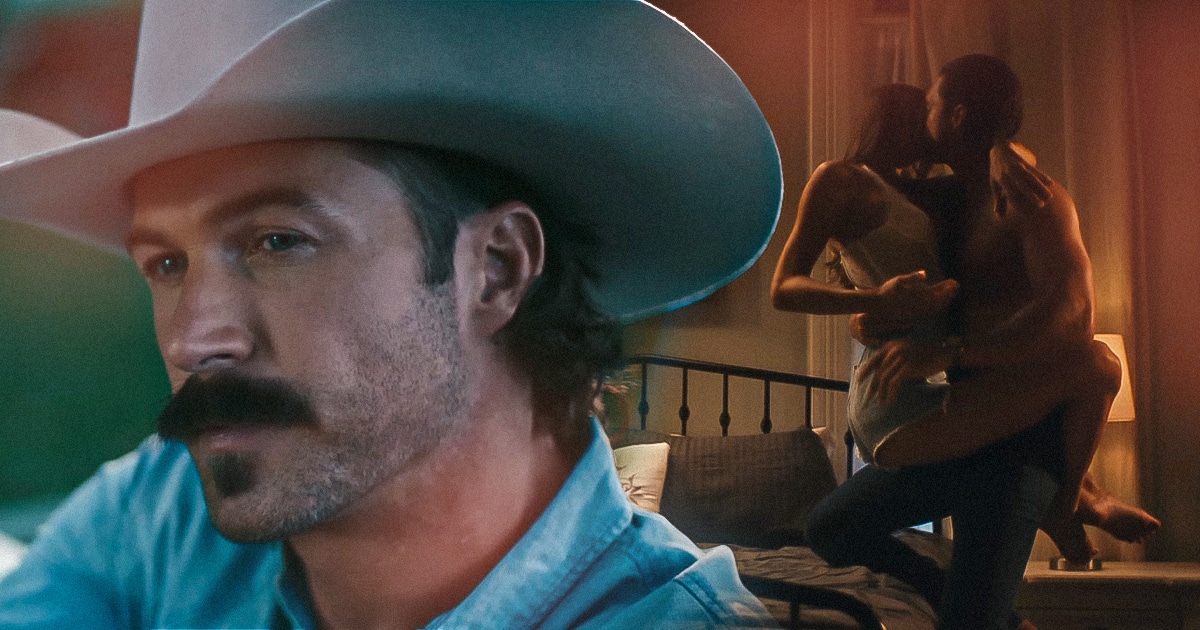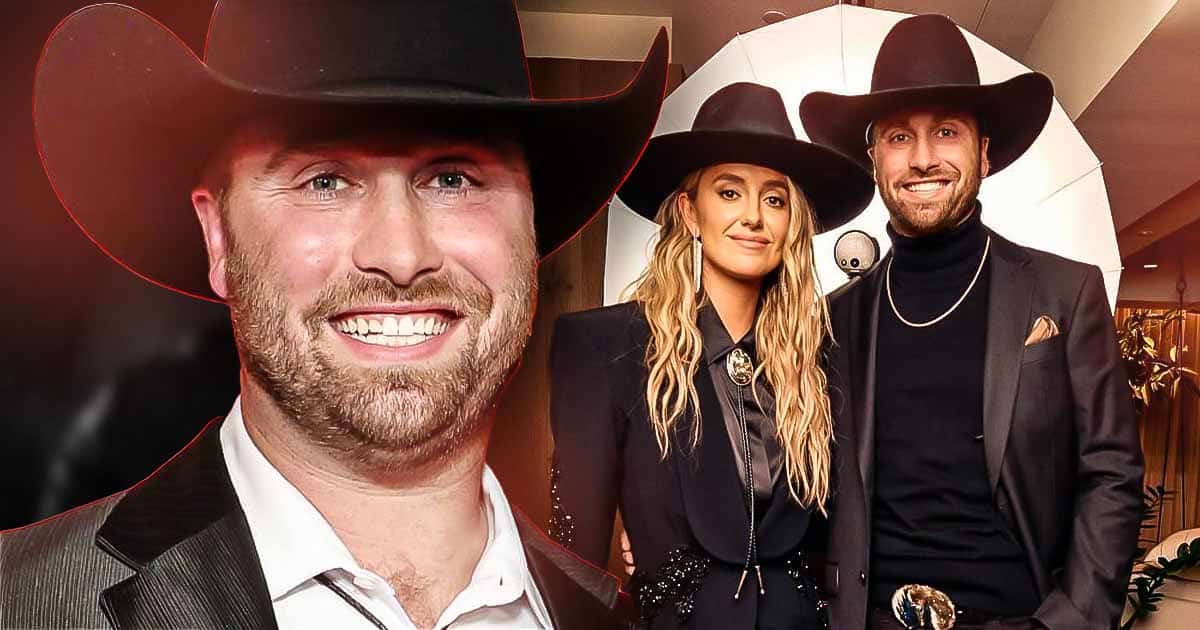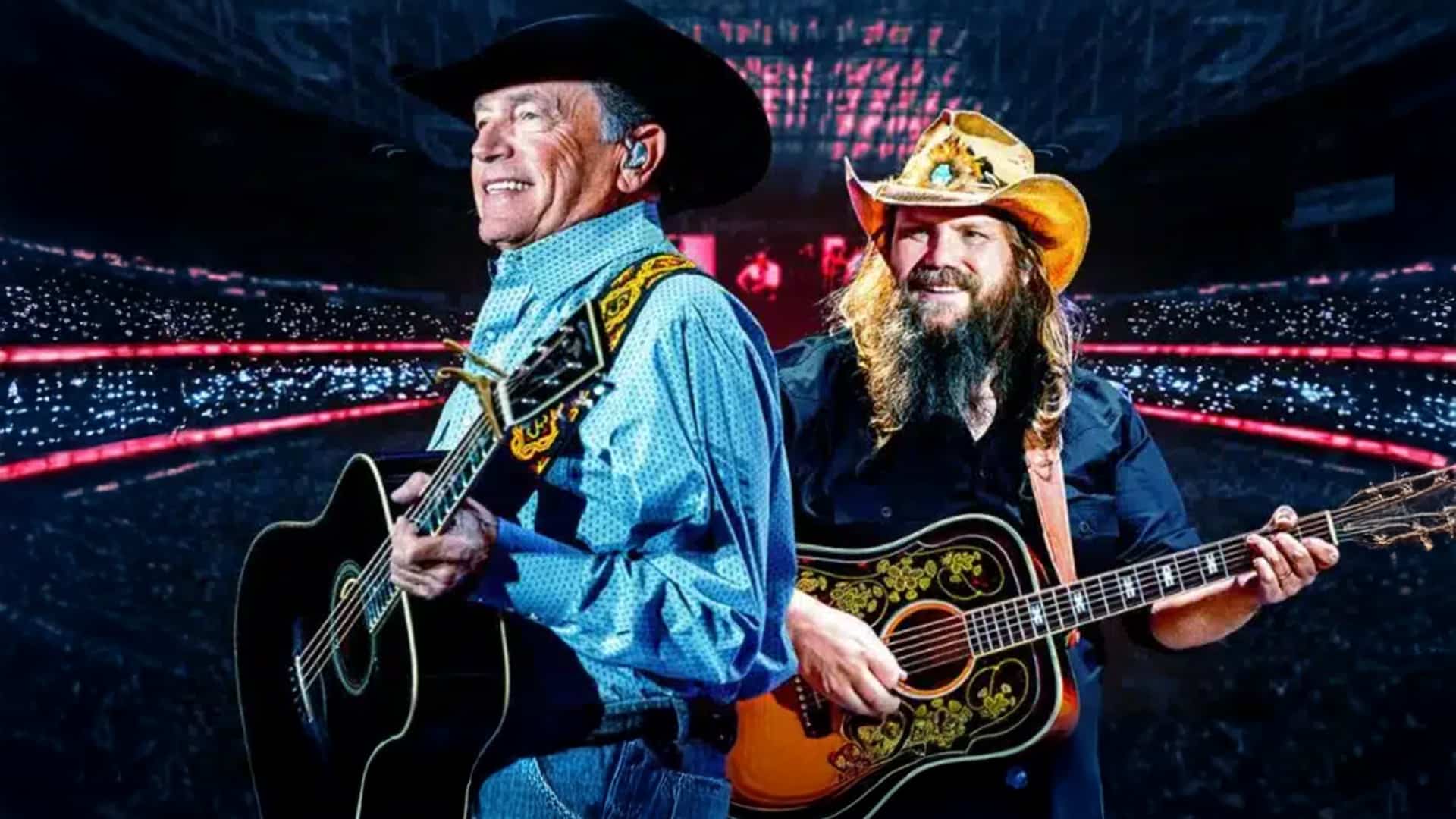In January 1985, a supergroup of 46 of the biggest music artists of the time, including Stevie Wonder, Bob Dylan, and Billy Joel, as well as country stars Ray Charles, Willie Nelson, Waylon Jennings, and Kenny Rogers, teamed up to record “We Are The World” in one cr𝖺zy, all-night session. The charity single was written by Michael Jackson and Lionel Richie and produced by Quincy Jones to raise funds for food aid to Ethiopia. “We Are The World” was released in March and became an instant media sensation. In three days, it sold over 800,000 copies, raised over $60 million for African famine relief, and inspired more musician-driven charitable efforts. It has since become a monumental charity song with a lasting impact on music and philanthropy.
But before the session was even over, Jennings decided he didn’t want to be a part of it. Before his exit, he said, “No good ‘ol boy sings in Swahili.” Yes, Jennings was behind the infamous Swahili controversy. Without him and his decision to walk out, there wouldn’t have been any discussions, and they wouldn’t have discovered that Swahili was, in fact, not the language spoken in Ethiopia. And it wouldn’t probably have been as successful.
Waylon Jennings’ Surprising Role in “We Are The World”
The selection process for “We Are The World” involved inviting the most prominent and successful artists of the era. While the song was an incarnation of the pop genre, the project included different musical styles to highlight the universal support for the humanitarian cause and to showcase the unity of the music community in addressing global issues.
Jennings, Nelson, Charles, and Rogers, who held the reputation of legendary and leading figures in country music, were the notable representatives of their genre.
The song was scheduled to be recorded on the night of the American Music Awards, which was then hosted by Richie when every big name would be in Los Angeles. In the Netflix documentary “The Greatest Night in Pop,” never-before-seen-footage of the creation of this massive hit.
According to Richie, that night, they got everyone into the studio, and it was like a room full of five-year-olds.“We’re all amazed that we’re there with each other and getting used to each other. I call it the first day of first grade. So, you’re all in the room without your parents, and we don’t know exactly what we’re doing.” It was definitely a long night, and they were overcome with fatigue at some point.
What Sparked Waylon Jennings’ Protest Over the Swahili Line?
The 1985 recording session’s behind-the-scenes footage included one of the biggest controversies of that night: Waylon Jennings’s walkout.
As the story goes, at some point during the recording, Stevie Wonder began singing a part of the song in Swahili. He felt that it was important to incorporate Ethiopia’s native language into the track. He also invited two Ethiopian women to watch them record the song. That didn’t sit well with Jennings, and he took that as his cue to leave. Ken Woo, the cameraman who was part of the crew that documented it, said that he heard the singer mutter, “Well, ain’t no good ol’ boy ever sung Swahili. I think I’m outta here.”
Richie also remembered that scene, saying that he heard the country legend say that he wasn’t dealing with that. He didn’t know what it meant and wouldn’t say it. While he didn’t further explain this reasoning, it’s potentially theorized that he meant that he didn’t understand the words, and he didn’t want to sing anything he didn’t understand. Additionally, it may have also been the case that he wouldn’t want to mispronounce anything.
Jennings was always clear about things he didn’t like, and he never did anything that he didn’t like.
Waylon Jennings’ Bold Decision to Walk Out
The group lost Jennings right there.
But as soon as he stepped out, an argument broke out. Artists were worried that following Wonder to sing in the language would come off as mocking the people they hoped to help through the single’s proceeds. Many were also tired after having attended the AMAs before that. Charles shared that when the singer suggested the Swahili, it was three o’clock in the morning. “I can’t even sing in English no more.”
Despite his controversial decision to walk out of the A&M Recording Studios in Los Angeles that night at a rather contentious juncture in the session, the rest of the artists still continued on, and Jennings was still credited on the song.
This wasn’t the first time Jennings walked out, though. He was an outlaw through and through, and he wasn’t one to take anything lying down. He owned this reputation in the entire country music history.
In 1970, he walked out of the CMA Awards after the organizers asked him to cut down his performance of his 1968 hit “Only Daddy That’ll Walk the Line” to a verse and a chorus as they were strapped for time. In 1998, he walked out on Tom Snyder before he was to appear live on CBS’ The Late Late Show. He was told he had half an hour on the hot seat, but the interview before him got longer than expected, so he decided to just go and leave without telling anyone.
The Turning Point After Waylon Jennings Walked Out
Jennings’s decision to walk out raised concern over the Swahili line and prompted a discussion. Someone soon informed Wonder that Swahili was not spoken in Ethiopia, and Bob Geldof eventually convinced the singer to drop it.
Had the singer not spoken up about this, there wouldn’t have been any debate about whether Wonder’s plan to include a line in Swahili was a smart move or not. And they wouldn’t have found out that it wasn’t the language spoken by the Ethiopian people. It would’ve been a nightmare of a release instead of a successful one. That is, the song could have sparked more controversy for the lack of proper research and, as they feared, potential mocking of the very people they were trying to help.
The final cut of the song was wholly recorded in English, thanks to him.
How Waylon Jennings’ Stand Influenced “We Are The World”
Jennings didn’t return after walking out of the USA for Africa recording session because of the Swahili controversy. But because of the tension built after his exit, artists didn’t take Wonder’s word and simply went with it.
Despite Waylon Jennings’ exit, he was still given credit for the song. But it was noticeable that he didn’t appear in any group shots or the music video for “We Are The World.” You can watch the final cut in the video below.

